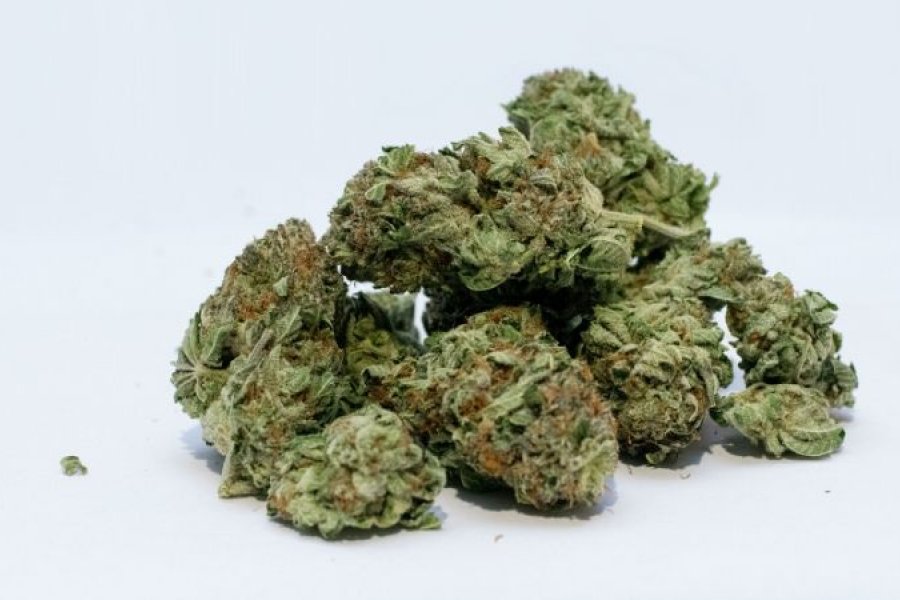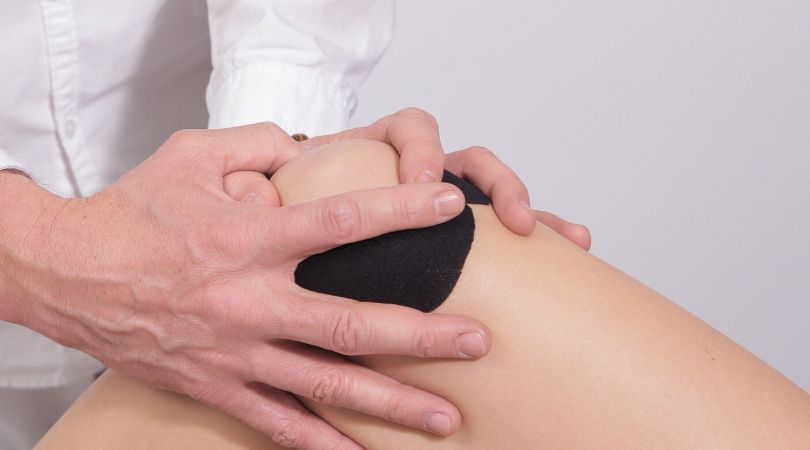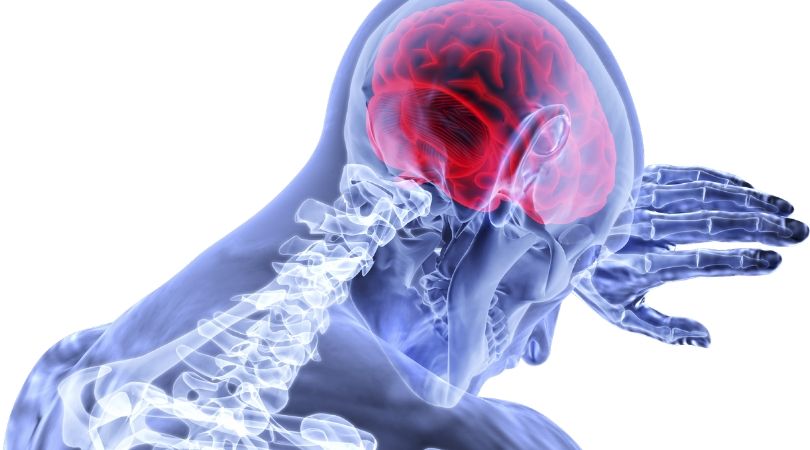
Medical cannabis may alleviate the symptoms of many medical conditions, which is why it's gaining ground in medical use worldwide. The old stereotypes about cannabis are now replaced by information stemming from cutting-edge scientific research.
When we look at the situation in Hawaii, it's clear that medical marijuana may be regulated, but it has found its practical use in medicine. There is a list of qualifying conditions that covers those such as lupus, cancer, PTSD, to name a few.
One of these qualifying conditions is multiple sclerosis (MS). This has been the case since June 29th, 2017. Medical marijuana is an option both as a full part of the treatment plan or a back-up option when the regular treatment doesn't provide any relief.
We will now explore the effects of medical marijuana on multiple sclerosis. You will understand the potential benefits and risks of using medical cannabis against MS symptoms in Hawaii.
The Starting Point: Multiple Sclerosis (MS)
Multiple sclerosis is a disease that damages the insulating covers of nerve cells that are located in the spinal cord and brain. That damage weakens the ability of certain parts of the nervous system to transmit signals.
The cause of multiple sclerosis is still unclear. Scientists have come up with multiple theories, including genetic predisposition and viral infections. There is no efficient cure yet available.
When you have MS, your immune system attacks myelin, a fatty material that protects nerve fibers from damage. As this damage accumulates, there is a chance for scar tissue to form in the process.
Most MS patients struggle with muscle control, body balance and vision. The various symptoms of MS emerge due to incorrect signaling in the nervous system.
These are some of the most typical MS symptoms:
- Loss of muscle control
- Muscle spasms
- Tingling and numbness

- Depressed or unstable mood
- Difficulties with walking and sports activities
- Pain and aches
- Feeling tired
- Diplopia and blurred vision
How Does Medical Marijuana Affect MS?
Scientific literature offers numerous insights into the relationship between cannabis and MS symptoms. It's important to understand that medical marijuana does not cure MS at any point. Instead, the benefits focus on symptom management.
One of the symptoms of MS is depression. The Journal of Pharmacology Biochemistry and Behavior has published an article that describes the antidepressant-like effect of THC and other cannabinoids extracted from Cannabis Sativa. Although based on animal models, this is a promising find for MS patients.
Ongoing research was uncovered during the Annual Meeting of the Consortium of MS Centers in Nashville, Tennessee in 2018. Scientists are systematically reviewing marijuana's effects on tremors, pain, spasticity, bladder function, quality of life, adverse effects and disability progression.
The first analysis has shown that cannabinoids, the active ingredients in medical marijuana, could have a moderate effect in MS patients when it comes to spasticity and pain symptoms.
However, more research has been carried out to see whether there is any MS symptom management efficacy in medical cannabis. Neurology has an article on real experiences of using marijuana to manage MS symptoms.
People suffering from MS were asked to describe their experience with medical marijuana and its effects. This article published in the peer-reviewed journal reported that 77% of people found that cannabis helped in symptom management. These improvements concerned pain and spasticity.
Another high-quality article was published in the Frontiers of Neurology. Researchers wanted to look at whether CBD helped people affected by MS symptoms. The results were promising and found that CBD supplements could reduce pain, fatigue and spasticity.

When you lump the points of symptom relief together, it's clear that this combination may help with mobility. Less pain and fatigue, together with suppressed spasticity, helps MS patients run errands more easily and achieve greater mobility.
MS patients take prescription drugs like benzodiazepines, pharmaceutical opioids and antidepressants. One of the studies further found that medical cannabis reduces the patients' need to rely on prescription drugs.
What are the Risks of Medical Cannabis Use for MS Symptoms?
When you integrate medical marijuana into your MS symptom management plan, it's important to learn about the potential side effects, which don't affect all users. Both the efficacy and side-effects of your medical marijuana MS symptom treatment are contingent on numerous factors.
Among other variables, gender, weight, genetics and age play a key role. This is why you shouldn't base your treatment expectations on other people's results. They are likely to have a different experience.
These are the typical side effects of medical marijuana in MS patients:
- Red eyes
- Unstable mood
- Urinary retention
- Difficulties finding focus and concentration
- Hallucinations (in case of high THC concentration)
- Dry feeling in the mouth
- Dizziness
- Rapid heartbeat
- Lower blood pressure
Not all MS patients benefit the same way from the use of medical cannabis. As we have seen, some studies show promising symptom management in people suffering from MS. This, however, applies only to a sub-group of symptoms and not all people will respond effectively.
Furthermore, cognitive symptoms and tremors are also common issues for MS patients. There is currently no research that would show symptom reduction for these problems.

There might also be detrimental effects of medical marijuana when it comes to concentration difficulties and “brain fog”. A study published in Neurology reported that MS patients who smoked marijuana fared worse on cognitive tests compared to patients who had not used marijuana.
The Bottom Line: Medical Marijuana & MS
Medical marijuana carries the potential to alleviate some of the symptoms of Multiple Sclerosis (MS). This is important because MS is a condition that has debilitating symptoms, which can have detrimental effects on a person's well-being and mobility.
The main benefits of medical marijuana use for MS are its effects on pain and spasticity. Some people could see an improvement in depression symptoms as well. There is no current research that shows efficacy against tremors, cognitive issues and other common MS symptoms.